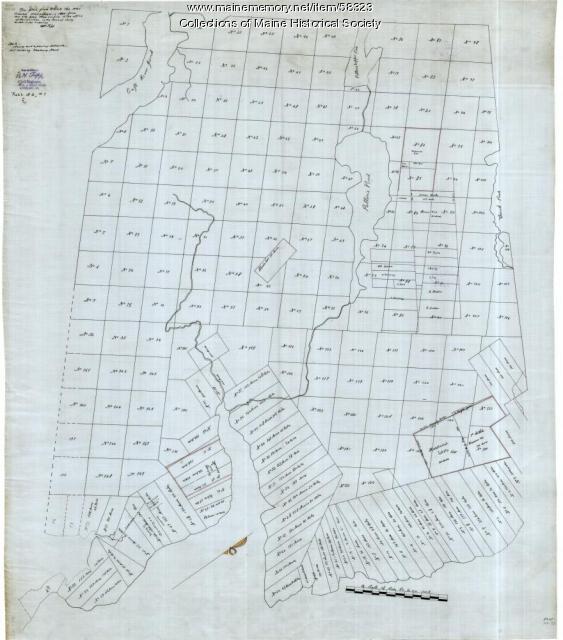Keywords: corn industry
- Historical Items (68)
- Tax Records (0)
- Architecture & Landscape (1)
- Online Exhibits (25)
- Site Pages (35)
- My Maine Stories (3)
- Lesson Plans (0)
Site Pages
These sites were created for each contributing partner or as part of collaborative community projects through Maine Memory. Learn about collaborative projects on MMN.
Site Page
Scarborough: They Called It Owascoag - Catch of the Day: Clamming and Lobstering - Page 1 of 4
"… process as that used for farm produce, such as corn. After 1873 Burnham & Morrill moved to Jones Creek at Pine Point."
Site Page
Scarborough: They Called It Owascoag - People Who Called Scarborough Home - Page 3 of 4
"… to be a bushel of beans down and a bushel of corn yearly. One of the conditions of the sale was that Jane and her mother be allowed to live on the…"
Site Page
Scarborough: They Called It Owascoag - Historical Overview - Page 1 of 4
"… price was a bushel of beans down and a bushel of corn yearly. One condition of the sale was that Wackwarreska's daughter, Uphannum (known as Indian…"
Site Page
Surry by the Bay - Early Settlement
"Bears and raccoons ate their corn so that was not a successful crop. Meat victuals were woodchuck, bear, deer and raccoons."
Site Page
Guilford, Maine - Pre-Settlement And The First 100 Years
"… this time and during the summer were busy raising corn and wheat and helping with the building of cabins."
Site Page
Guilford, Maine - Guilford Schools
"… was said to be used by the children to warm their corn cakes and potatoes for lunch. Unfortunately the Guilford Center School met an early demise…"
Site Page
New Portland: Bridging the Past to the Future - West New Portland Village
"Later this building was used as a corn shop. West Village John Mitchell's FarmhouseNew Portland Historical Society There was a novelty mill in…"
Site Page
Skowhegan Community History - A Brief History of the Skowhegan Area
"Here they planted corn and potatoes. In the fall of that year, Joseph Weston, Peter Heywood and one of the boys returned to Massachusetts to bring…"
Site Page
Presque Isle: The Star City - Native Americans
"In northern Maine, corn, beans, and squash (the “three sisters”) were poorly adapted to the short, cool growing seasons and people retained a food…"
Site Page
View collections, facts, and contact information for this Contributing Partner.
Site Page
Mantor Library, University of Maine Farmington
View collections, facts, and contact information for this Contributing Partner.











